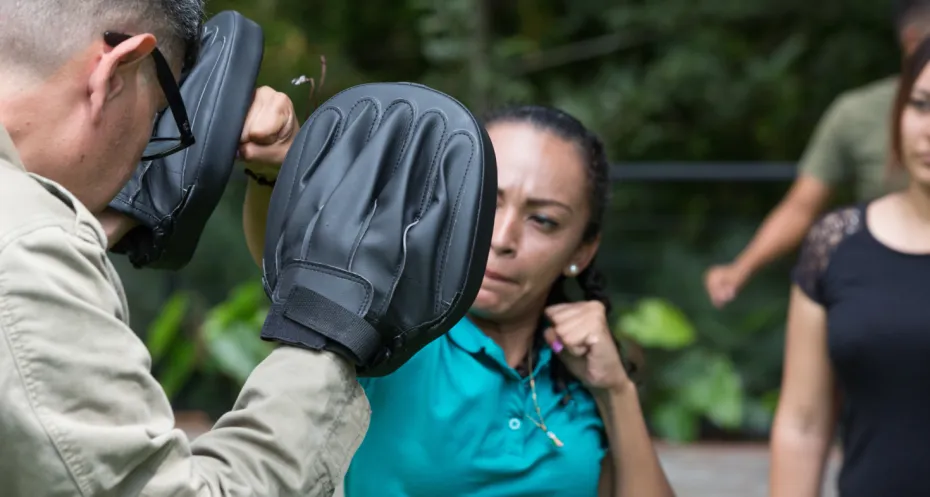Between alarming psychological distress and enduring resilience: journalists’ mental health in Latin America

Free Press Unlimited (FPU) today publishes a new regional study exposing the rapidly growing psychological pressures faced by journalists across Latin America (LATAM). The report shows that media workers in the region are not only confronted with extreme violence, intimidation and political repression, but also with psychological stress that has long remained invisible.
For years, Latin America has been one of the most dangerous non-conflict regions in the world for journalists, marked by hundreds of killings, disappearances, and pervasive impunity. Yet the mental health impact of these conditions has been severely underreported. Journalists across the region face threats, economic precarity, judicial harassment, and sustained stress, while professional support systems remain limited and fragmented.
The first LATAM-wide study on mental health
This new research, conducted by Free Press Unlimited in collaboration with the National Autonomous University of Mexico (UNAM), provides one of the first region-wide insights into mental health, risk, and protective factors among journalists in Latin America. The study surveys the presence of symptoms associated with post-traumatic stress, anxiety, depression, and burnout.
“Physical attacks on journalists in Latin America are well documented. However, the psychological toll, which can also be devastating, is too often overlooked. For instance, of the 282 journalists we surveyed across 18 countries, over 70% reported symptoms of moderate to severe anxiety, and more than 40% communicated symptoms associated withpost-traumatic stress disorder (PTSD). At the same time, 85% of the sample reported high levels of resilience. Although not representative, these results indicate that among the participants we can observe high levels of distress, but also a strong capability to navigate adversity. With this study, we aim to break the silence, give visibility to the stressors and protective factors for journalists in the region, and push for structural recognition and support,” says Adamantia Lampouka, Mental Health & Psychosocial Support Adviser for Free Press Unlimited.
The findings open a discussion that views distress not only as shaped by direct violence or threats, but by deeply rooted systemic stressors: economic fragility of the media sector, political hostility toward the press, shrinking civic space, and unsafe working conditions. Together, these pressures can contribute to self-censorship, forced exile, burnout, and attrition, directly undermining independent journalism and the public’s access to reliable information.
At the same time, the report highlights the resilience and solidarity of journalists, as well as the emerging networks, collectives, and psycho-social support initiatives taking shape across the region. However, the need for culturally appropriate, accessible, and sustainable mental health support remains urgent.
Call for integration of mental health in journalist safety strategies
Free Press Unlimited calls on policymakers, media and mental health professionals to integrate mental well-being into journalist safety strategies. The report underscores the need for evidence-based interventions, strengthened support mechanisms, and structural reforms that address both individual and systemic risk factors. To explore this, the role of work conditions, organisational culture, social support, and resilience should also be taken into account.
Read the full report below.
